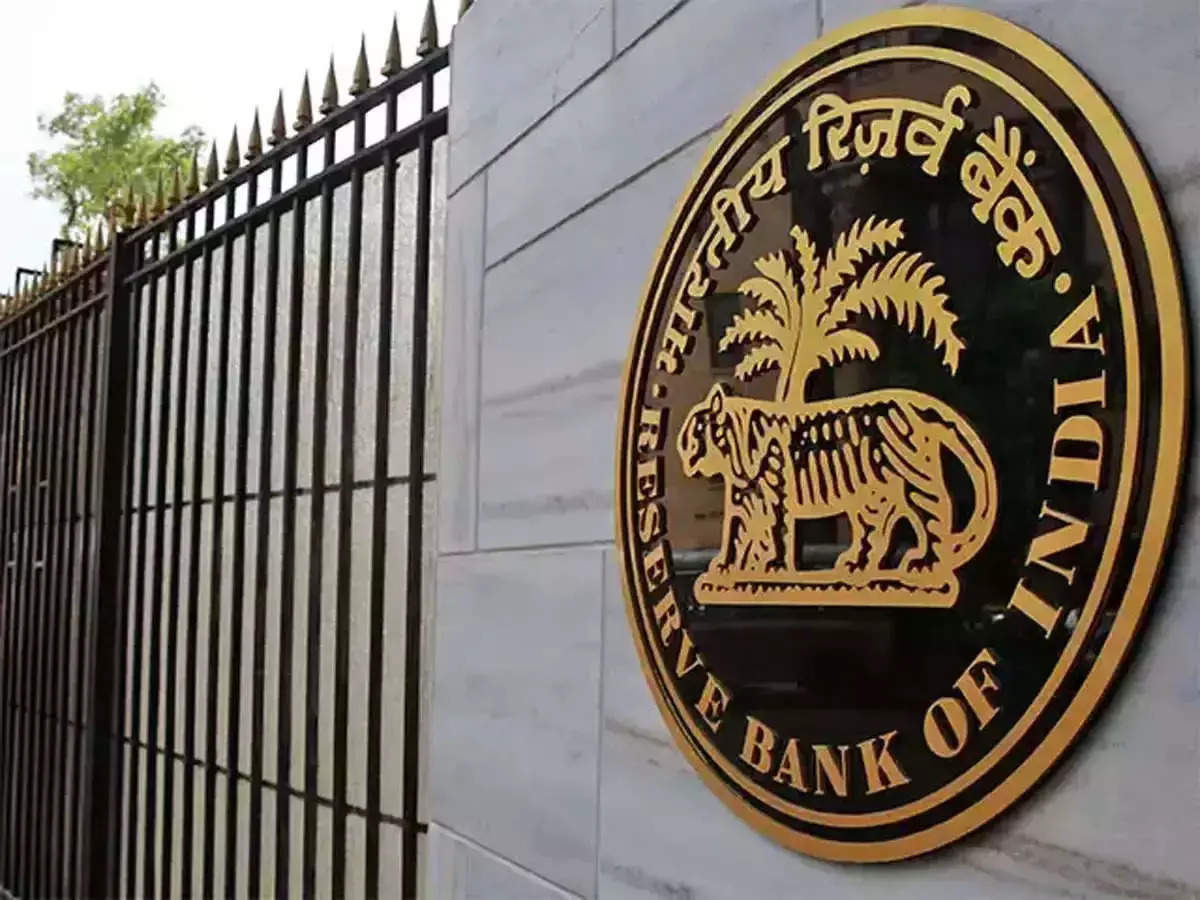
[ad_1]
India’s economic system grew a stellar 8.4% within the fourth quarter of 2023, the quickest amongst main economies. Inflation, which remains to be near the higher band of the central financial institution’s 2%-6% goal, doesn’t trace at an imminent fee lower.
All 56 economists within the March 15-22 Reuters ballot anticipated the RBI to carry the repo fee at 6.50% on the conclusion of its April 3-5 assembly.
They had been, nevertheless, divided on when the primary lower would come, with 9 of 52 saying subsequent quarter, 24 choosing the third quarter, 17 saying the fourth quarter and the remainder anticipating it at a later time. Median forecasts put the speed at 6.25% by the tip of September and 6.00% on the finish of this yr.
“The mix of headline inflation remaining above 5% and the sturdy This autumn GDP figures will doubtless go away Financial Coverage Committee (MPC) members cautious about slicing charges too quickly,” stated Alexandra Hermann, a lead economist at Oxford Economics.
“Whereas the year-long downward development in core inflation might be seen as encouraging, MPC members will doubtless not deem this ample and slightly err on the facet of warning, ready till the headline numbers are on a clearer downward path in direction of the 4% mid-point goal.” Inflation, at 5.09% in February, will decline to 4.00% within the third quarter earlier than rising, ballot medians confirmed. Value rises had been anticipated to common 5.40% and 4.60%, respectively, within the present fiscal yr and the following. Though progress was forecast to sluggish to six.6% subsequent fiscal yr from 7.6% within the present fiscal yr – a major improve from the 7.0% predicted for this fiscal yr only a month in the past – it could nonetheless be the quickest amongst main economies.
That would offer much less incentive for the RBI to ease rates of interest earlier than its main friends, significantly the Federal Reserve. The U.S. central financial institution is at the moment anticipated to ship its first lower in June, a separate Reuters ballot confirmed, however the dangers are rising for that to occur later within the yr.
“Whereas the Fed has already indicated coverage charges are more likely to be decreased within the coming months, the expansion and inflation dynamics in India suggests the RBI may hold charges elevated for longer,” wrote Aditi Gupta, an economist at Financial institution of Baroda.
“In any case, the Fed is more likely to lower rates of interest rather more than the RBI, which can make sure the rate of interest differential settles someplace near the historic development.”








